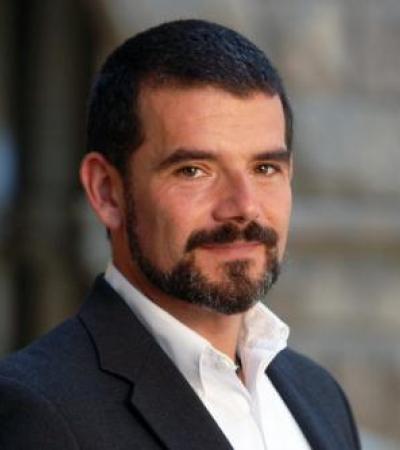Thursday, April 14, 2016
4 pm – C103 Hesburgh Center
"A Hole at the Center of the State: Prison Gangs as Threat to State Authority"
In many contexts, the primary challenges to state authority are criminal. The common response of mass incarceration may incapacitate and deter individuals but can empower criminal organizations. From California and Texas to El Salvador and Brazil, sophisticated prison gangs have come to control inmate life, and---with the help of high incarceration rates---project power over street-level actors likely to be incarcerated.
Projection of power transforms the core of the coercive apparatus into a headquarters for organizing and taxing retail drug markets, supplanting state authority in communities and both orchestrating and curtailing street-level violence. Officials have negotiated, often covertly, with prison gangs, producing serious reductions in violence but further strengthening incumbent gangs.
Thislecture examines the dire dilemmas posed for states: prison gangs--though they may govern "state-less" areas like drug markets or (ironically) the prison itself---can only form, propagate, project power, and ultimately wield bargaining leverage over officials with the help of state policy. Indeed, recent critiques of the "carceral state" are probably understated: attempts to rein in crime through anti-gang and mass incarceration policies have--beyond any individual-level effects--counterintuitively produced powerful criminal organizations that, in turn, have further eroded state authority.
Benjamin Lessing is assistant professor of political science at the University of Chicago. He studies “criminal conflict”—organized armed violence involving non-state actors who, unlike revolutionary insurgents, are not trying to topple the state. The author of an award-winning doctoral dissertation on armed conflict between drug cartels and the state in Colombia, Mexico, and Brazil, Lessing has also studied prison gangs’ pernicious effect on state authority and how paramilitary groups use territorial control to influence electoral outcomes. He is the author most recently of “Logics of Violence in Criminal War,” Journal of Conflict Resolution 59, 8 (2015). Lessing holds a PhD from the University of California, Berkeley.






